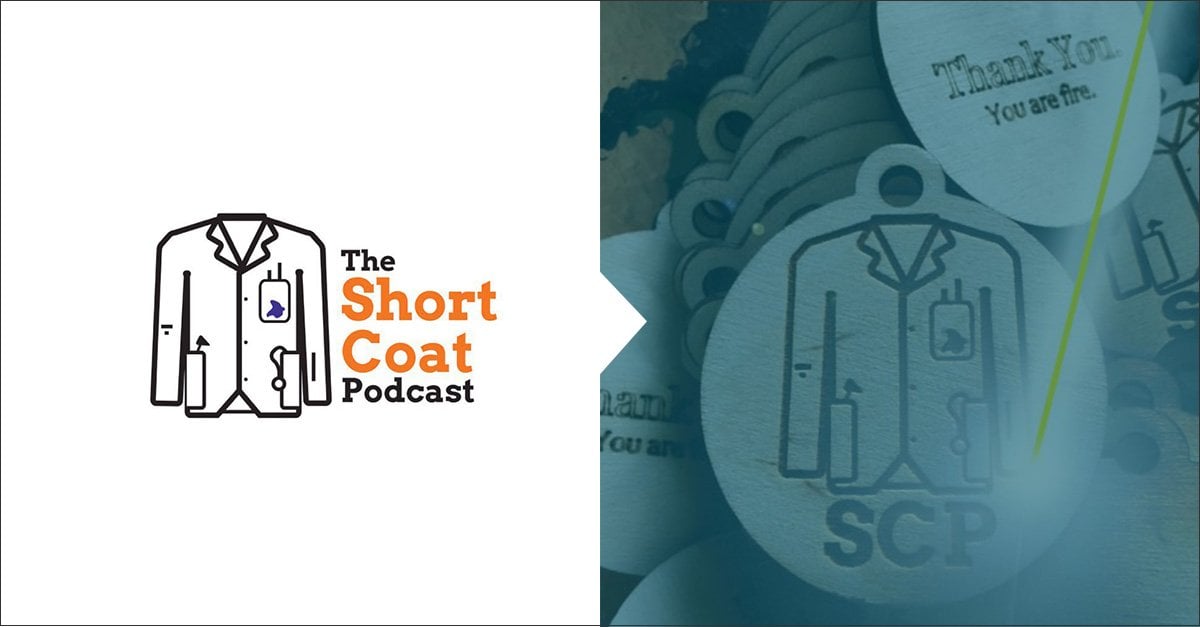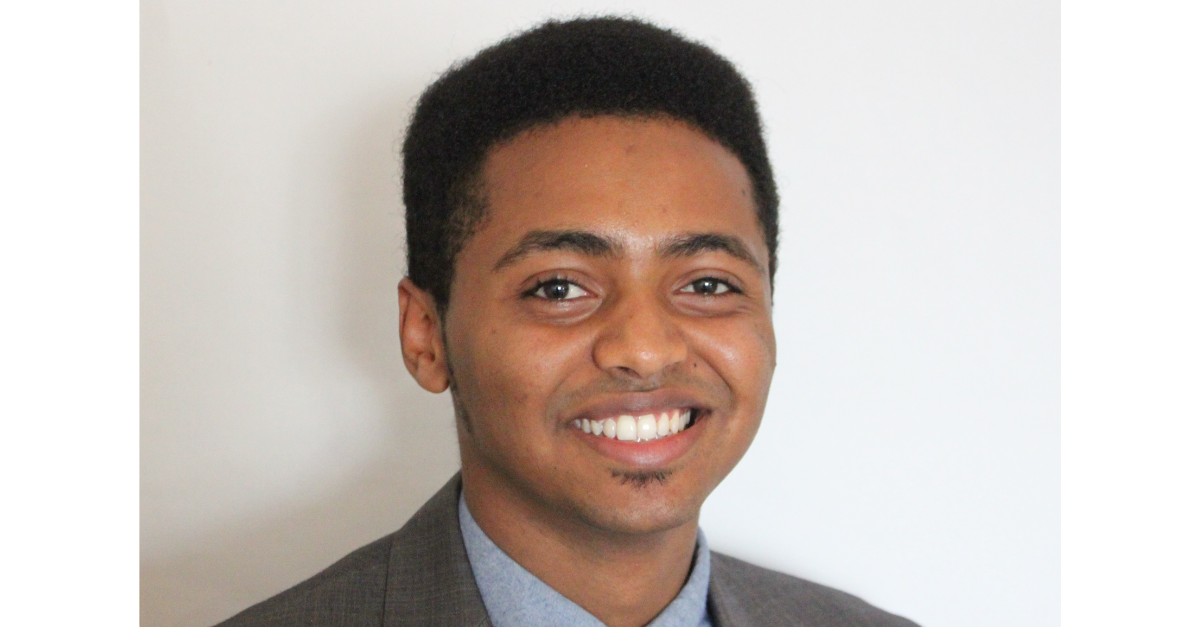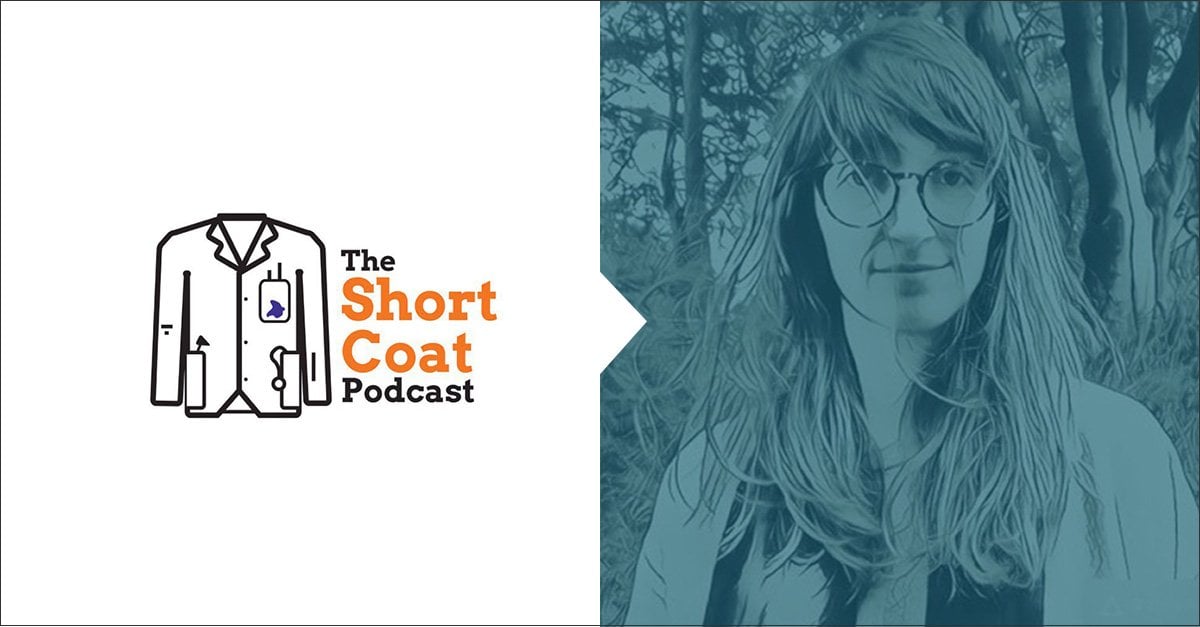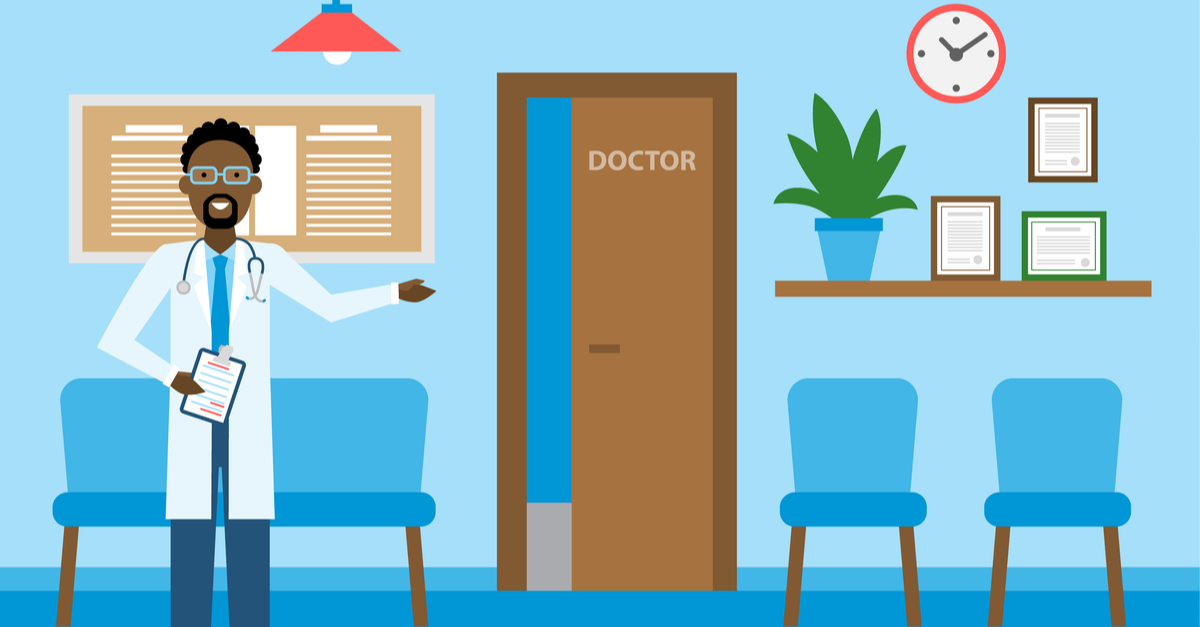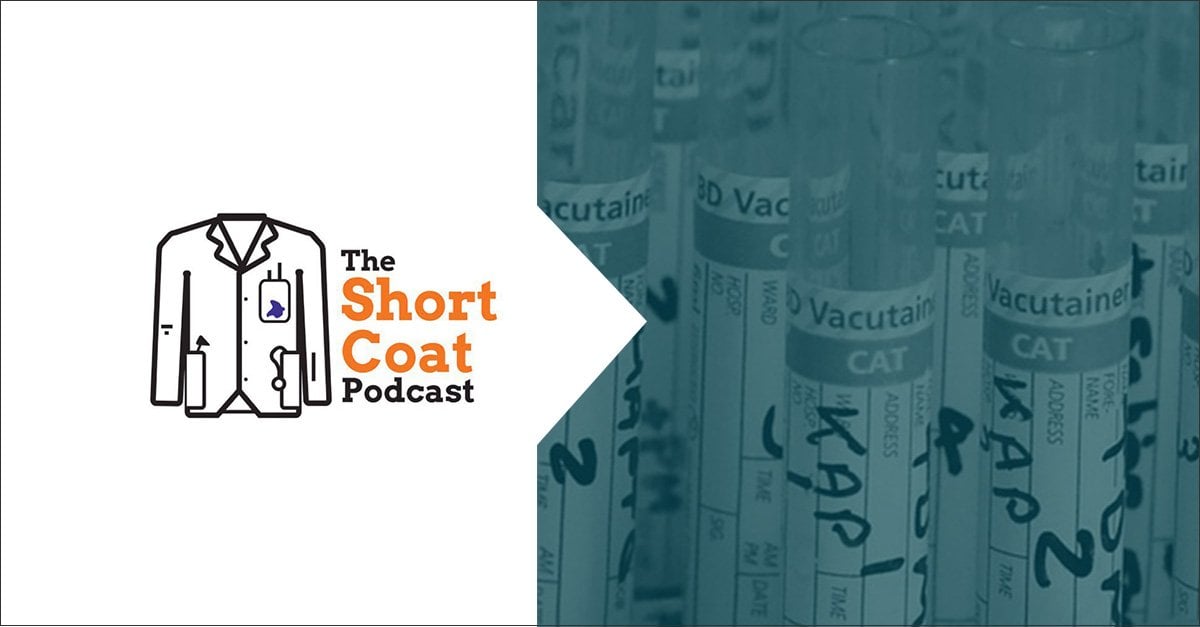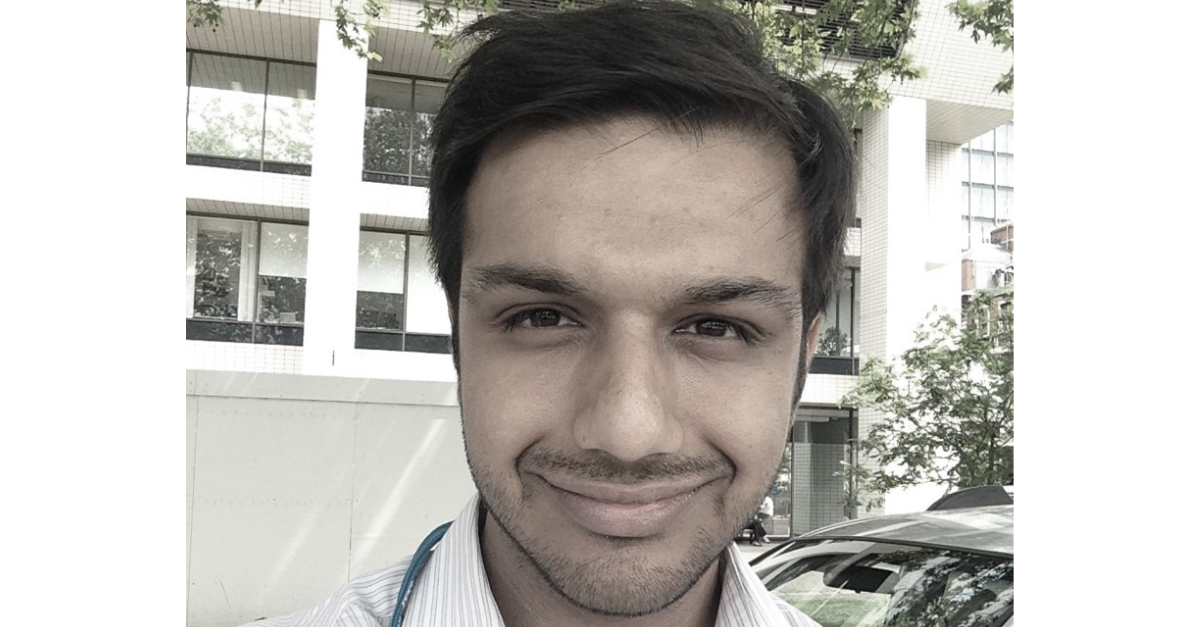25-year-old male presents to the emergency department with headache, retro-orbital pain, and diplopia when gazing to the right. He had visited an urgent care clinic with right ear pain two weeks earlier and had received a short course of antibiotics. After some initial improvement, he became increasingly unwell before presenting today. Otoscopy reveals purulent discharge in the right ear canal and a CT scan demonstrates the findings seen here. Which organism is most commonly responsible for this patient’s likely diagnosis?
Steps to get into Dental School
If you think a dental career might be in your future, you can begin taking … Read more




